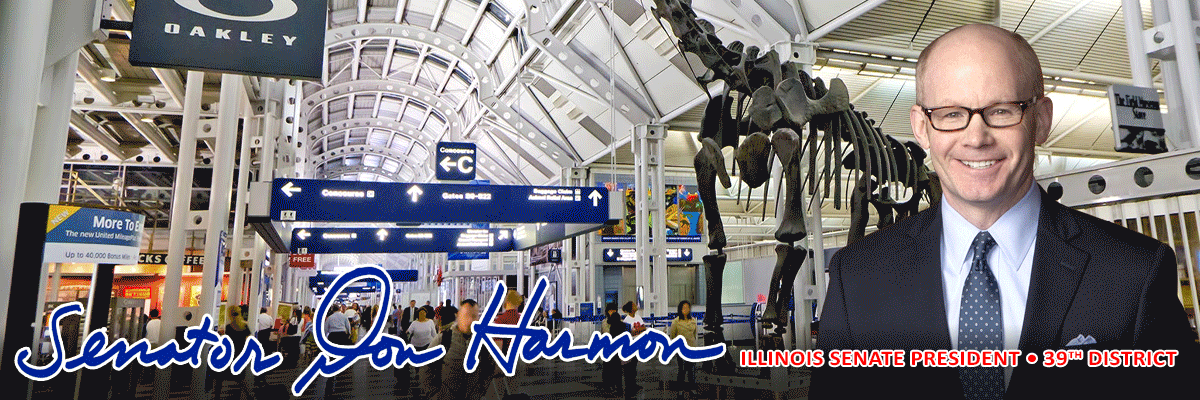 Fewer Illinois schoolchildren would start the school day hungry under legislation sponsored by Sen. Don Harmon (D-Oak Park).
Fewer Illinois schoolchildren would start the school day hungry under legislation sponsored by Sen. Don Harmon (D-Oak Park).
Senate Bill 2393 would require every public elementary, middle and high school with a student low-income rate of at least 70 percent to offer breakfast to students after the instructional day has begun. The legislation had unanimous support in the Senate Education Committee Tuesday and will head to the Senate floor for a vote.
Under the proposal, each school would be able to determine the Breakfast After the Bell model that suits its students, such as breakfast in the classroom, grab and go breakfast and second-chance breakfast. Schools that participate in the program are able to capture federal money to pay for the cost of offering these meals.
“It’s difficult to learn, let alone stay awake or pay attention if your stomach is growling from hunger,” Harmon said. “For many Illinois children, the unfortunate fact is that the best and sometimes the only meals they get each day are served at school.”
According to the latest Rise and Shine Illinois Breakfast Report in February, Illinois ranks 42nd in the nation for serving school breakfast. If Illinois school districts were to achieve 70 percent student participation in breakfast programs, an additional $42 million in federal dollars would be funneled into schools.
Child poverty in Illinois is at its highest level since 1999, and about one in five Illinois children live in homes where meals aren’t guaranteed. About 73 percent of teachers say they have students who regularly come to school hungry because there isn’t enough food at home.
Average daily participation in school breakfast programs has increased slightly every year since 2011. The latest figures show that on an average school day last year, nearly 400,000 low-income Illinois children participated in school breakfast.
But every day, more than 450,000 other children miss out on breakfast and go hungry early in the school day. More than 175,000 additional students would benefit from breakfast if Illinois schools implement breakfast after the bell programs under Harmon’s legislation.
“Proper nutrition is fundamental to learning, but for various reasons – poverty, family schedules or transportation – many students are unable to start the day with a decent breakfast,” Harmon said.
“Students who know breakfast is available at school are more confident and more likely to show up. A nutritious start to the day enables them to better focus on their work, score higher on tests and achieve their full potential. It makes sense for Illinois to encourage schools to invest in breakfast programs. We can and should do better for students.”
Illinois schools that participate in breakfast programs are eligible for federal nutrition dollars. The National School Breakfast Program was established in 1966 under President Lyndon B. Johnson to provide free or low-cost breakfasts to schoolchildren.




